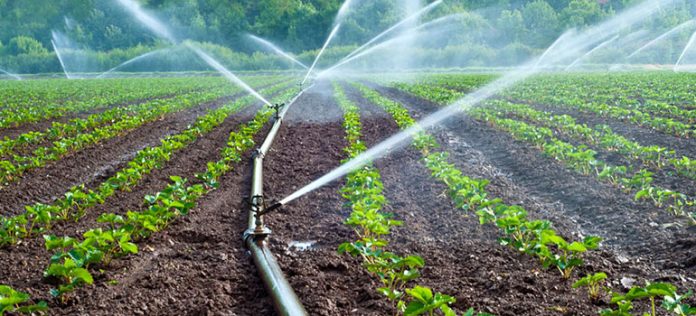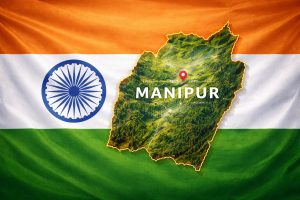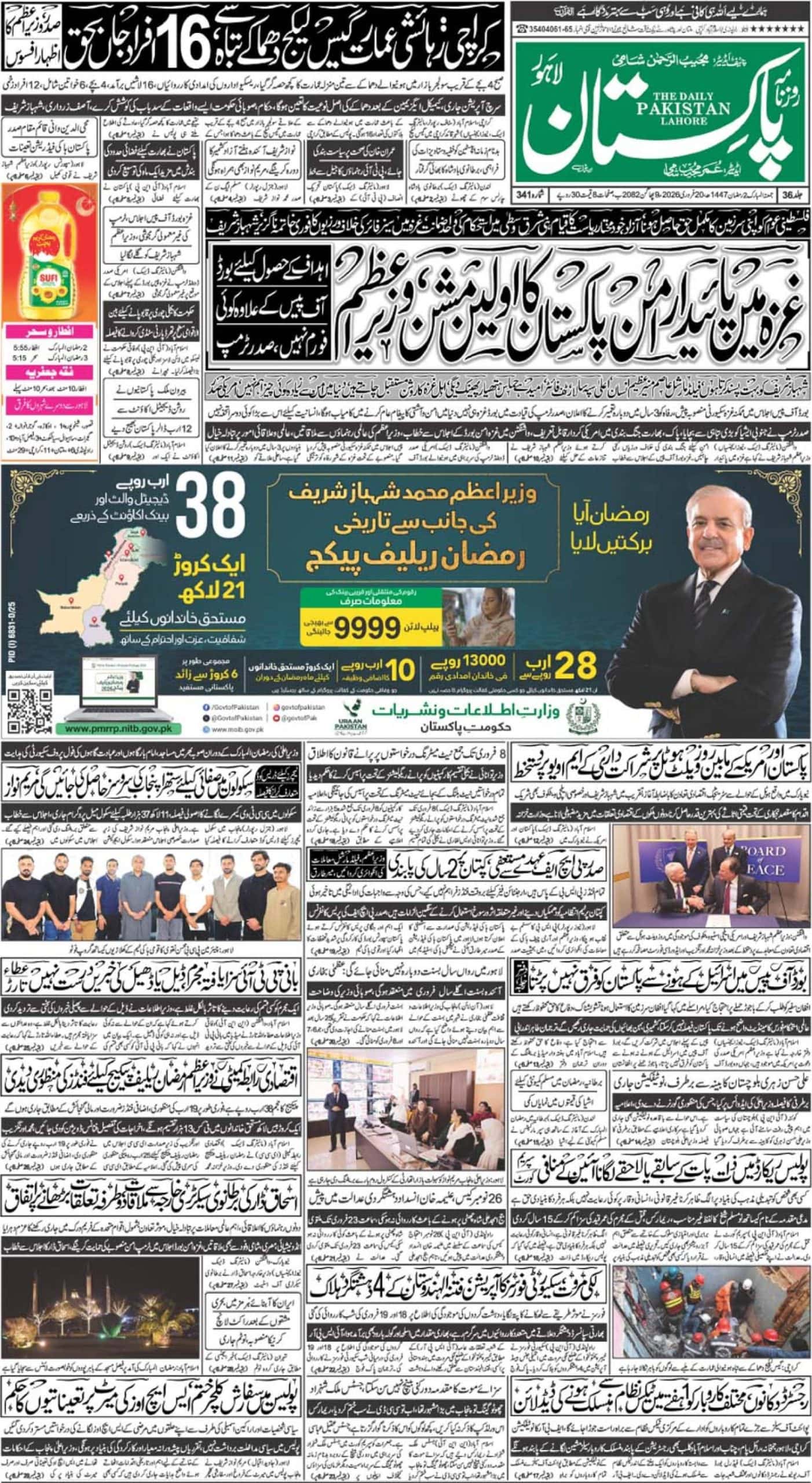Pakistan, a predominantly agricultural country, relies heavily on irrigation systems for its economic growth. However, the country has been facing severe water scarcity issues in recent years, and the situation is only expected to worsen in the future.
In this context, institutionalizing evapotranspiration (ET) can be a game-changer in Pakistan’s water management and irrigation practices. Institutionalizing ET involves incorporating and strengthening ET monitoring stations coupled with satellite remote sensing data, optimum irrigation scheduling plans, and irrigation performance assessment into the national water policy and provincial water acts.
One of the main advantages of institutionalizing ET is that it can help improve irrigation efficiency and reduce water losses. Currently, Pakistan’s irrigation system is not well-managed, and there is a lack of reliable data on water consumption and crop water requirements. As a result, farmers misuse the available water resources, which not only wastes water but also increases the risk of soil salinity and waterlogging. By incorporating ET monitoring stations and irrigation scheduling, farmers can be provided with real-time data on crop water requirements.
This will help them optimize their irrigation practices and reduce water losses. Additionally, irrigation performance indicators can be established to assess the efficiency of the irrigation system and identify areas for improvement.
Remote sensing can also be used to monitor ET from a regional scale, providing policymakers with valuable information on water use and crop productivity. The Colorado State University’s ET-based irrigation scheduling program is a successful example of how remote sensing can be used to optimize irrigation practices. By using satellite imagery to measure ET, the program has helped farmers reduce water use by up to 30% while maintaining crop yields.
Pakistan can learn from such successful examples and adopt similar practices to improve its water management and irrigation systems. However, institutionalizing ET requires significant investments in infrastructure and technology. This can be a challenge for a developing country like Pakistan, but the long-term benefits of water conservation and sustainable agriculture make it a worthy investment.
In addition to improving irrigation efficiency, institutionalizing ET can also have a positive impact on Pakistan’s water management policies. The national water policy and provincial water acts can more focus on ET-based irrigation scheduling and performance indicators. This will help shift the focus from the current system, which is based on water distribution, to a more water-efficient system that prioritizes water conservation and crop productivity.
Moreover, institutionalizing ET can help Pakistan address its water scarcity issues by providing policymakers with accurate data on water use and availability. Pakistan is already facing severe water shortages, and the situation is only expected to worsen due to population growth, climate change, and increased demand from other sectors. By incorporating ET into its water management policies, Pakistan can better manage its limited water resources and ensure sustainable agriculture.
In conclusion, institutionalizing evapotranspiration is a key step for Pakistan’s water management and irrigation practices. By strengthening ET monitoring stations, irrigation scheduling, and performance indicators in the national water policy and provincial water acts, Pakistan can improve irrigation efficiency, reduce water waste, and address its water scarcity issues. While the initial investments may be significant, the long-term benefits of sustainable agriculture and water conservation make it a worthy investment for Pakistan’s future.














